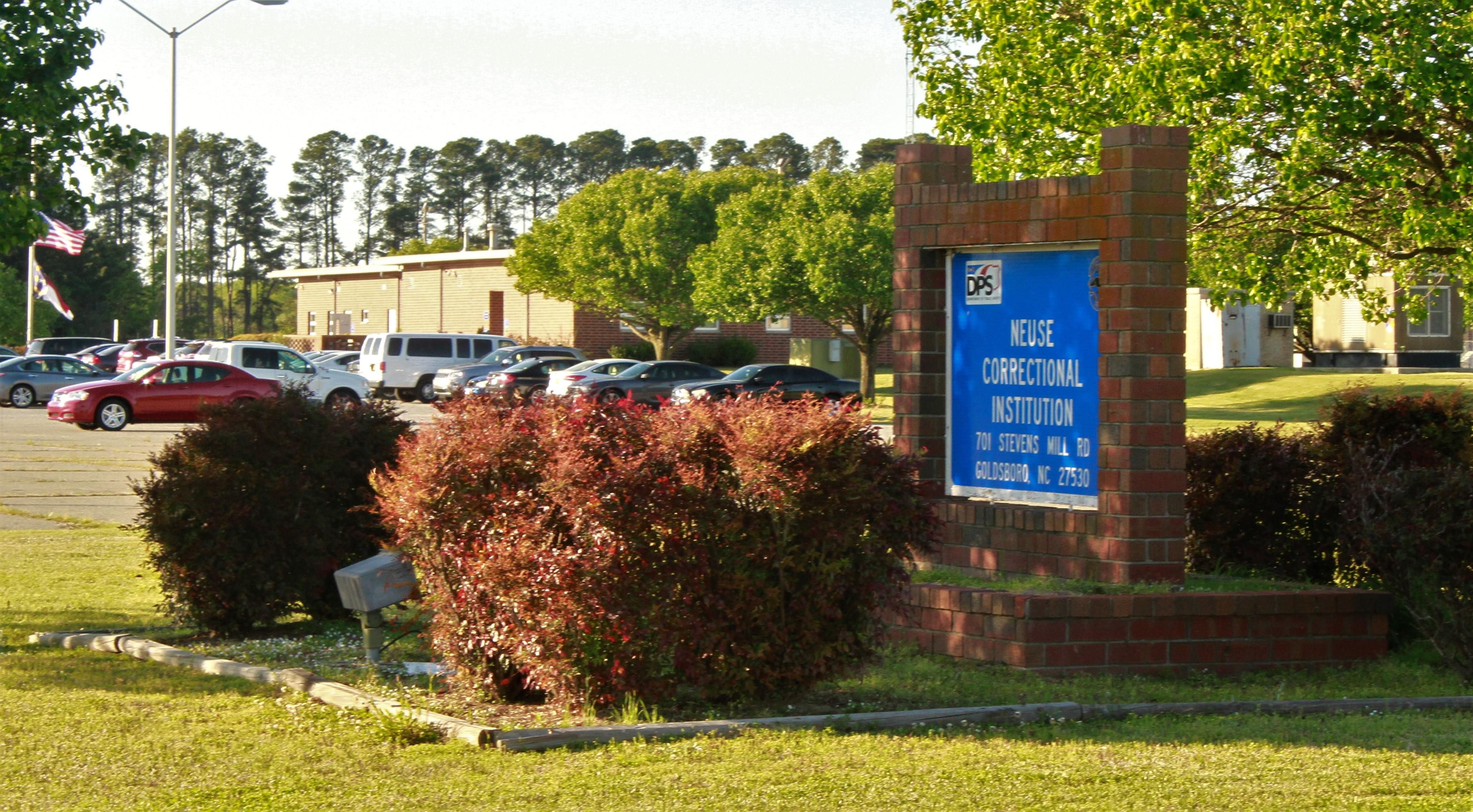The Division of Adult Correction and Juvenile Justice will resume limited visitation at all the state’s prisons and in its juvenile justice facilities effective Oct. 1 with significant restrictions due to the pandemic.
Visitation was suspended in all ACJJ facilities statewide on March 16.
“As Governor Cooper gradually eases restrictions in North Carolina, we will begin to gradually resume normal operations in our prisons and juvenile facilities where we can, with appropriate pandemic safeguards in place,” said Tim Moose, ACJJ chief deputy secretary. “Because the virus remains active in our communities across the state, we must stay vigilant yet adaptable.”
Prisons
Visitation in Prisons will resume under the following temporary conditions and precautions, subject to change:
- Visits will be by appointment only and may be canceled with little notice if dictated by health and safety concerns. Visits must be arranged through the individual facility and visitors should check to ensure the scheduled visits have not been canceled prior to leaving their residence to travel to the facility.
- Visitation will not be permitted if the prison is experiencing a significant outbreak of COVID-19 or if the facility is on Red Status.
- Children under the age of 12 will not be allowed to visit at this time.
- All visitors will be medically screened with temperature checks, in addition to standard security procedures. Anyone with symptoms of COVID-19, or who has a fever of 100 degrees or more, or who has been exposed to someone who is COVID-positive, will be denied entry.
- Offenders who are in medical isolation or medical quarantine, or who have any symptoms of COVID-19, will have their visit rescheduled.
- Visitation will be limited to two visitors per session. Each offender will be allowed one visit per calendar month. Visits will be limited to 30 minutes.
- Visitation will take place outdoors, if possible and weather permitting. Physical contact will not be allowed. Offenders and visitors will be kept six feet apart and further separated by a screen if indoors. Visitation areas will be limited to 25% of capacity.
- Everyone must wear a face mask covering their nose and mouth at all times and must sanitize their hands when entering and leaving the visitation area. Masks may not have offensive language, pictures or symbols. Gaiters, bandanas and masks with a one-way valve are not permitted. Masks will be provided if needed.
- No outside food, beverages or photos will be allowed. Water will be provided for offenders and visitors.
- All visitation areas will be thoroughly sanitized between each visitation session.
- Visitors should immediately inform the facility if they receive a diagnosis of COVID-19 or develop signs and symptoms of COVID-19 within 48 hours after a visit.
Juvenile Justice
Visitation within Juvenile Justice facilities (youth development centers and state-operated juvenile detention centers) will resume under the following conditions:
- Visits must be scheduled in advance, by appointment only.
- Juveniles who are on isolation or quarantine, or who have exhibited any symptoms of COVID-19, will have their visit rescheduled.
- All visitors will be medically screened with temperature checks, in addition to standard security procedures. Anyone with symptoms of COVID-19, or who has a fever of 100 degrees or more, or who has been exposed to someone who is COVID-positive, will be denied entry.
- The visits will be non-contact only. Social distancing of at least six feet between juvenile and visitor will be enforced. Additionally, both juveniles and their visitor must wear face masks for the duration of the visit.
- If the facility grounds and weather conditions permit, visits may take place outdoors.
- Visitors should immediately inform the facility if they receive a diagnosis of COVID-19 or develop signs and symptoms of COVID-19 within 48 hours after a visit.
These pandemic-control visitation procedures have been developed in coordination with the North Carolina Department of Health and Human Services.
“This pandemic has been hard on everyone involved – staff, offenders and their loved ones — and we are grateful for everyone’s patience over the past six months,” Moose said. “We recognize visitation is important to our adult offenders, juveniles and their families, especially during the upcoming holidays, but continuing even limited visitation depends on the spread of the virus in our communities and its impact to those working in and confined in our facilities. As we move in this direction, please wear a face mask, wait six feet apart, and wash your hands.”
The Division of Adult Correction and Juvenile Justice has taken numerous actions to prevent COVID-19 from getting into its adult and juvenile facilities, to prevent its spread to other facilities and to confine it within a facility if it does get in. These actions can be found here: https://www.ncdps.gov/our-organization/emergency-management/past-disasters/dps-actions-covid-19.


